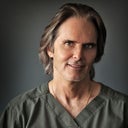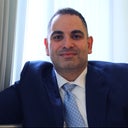How common is skin necrosis?
How common is skin necrosis on the nose after rhinoplasty? Of course i’ve been looking up risks before my surgery and keep seeing this pop up so im really worried. How often have you seen this in your practice? Is it reversible once early signs show? More information, the skin on the tip of my nose is thick. My surgeon said he wants to refine my tip since it it a bit bulbous, by adding some grafts and potentially thinning the tip skin. Is there a way for refinement without skin thinning?





